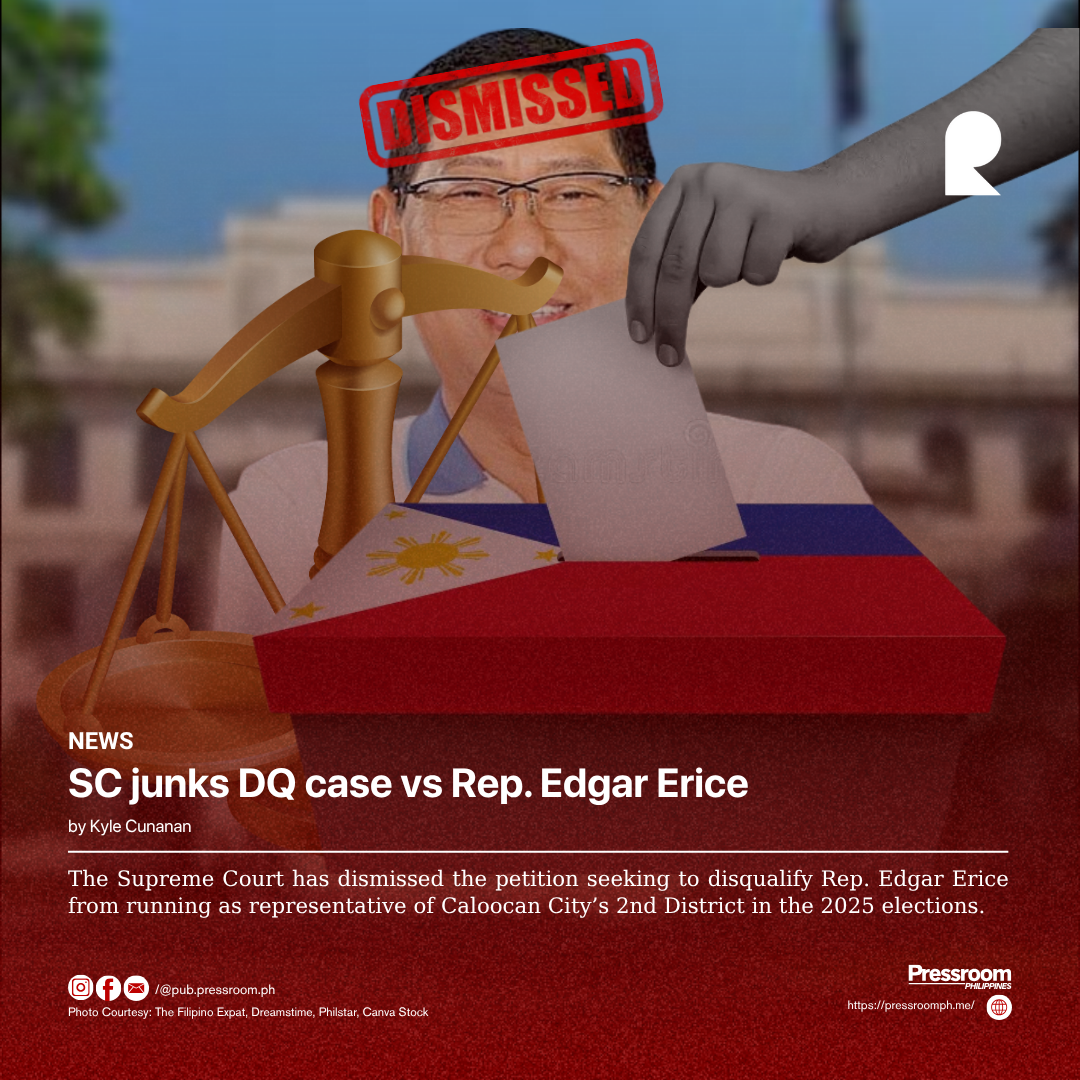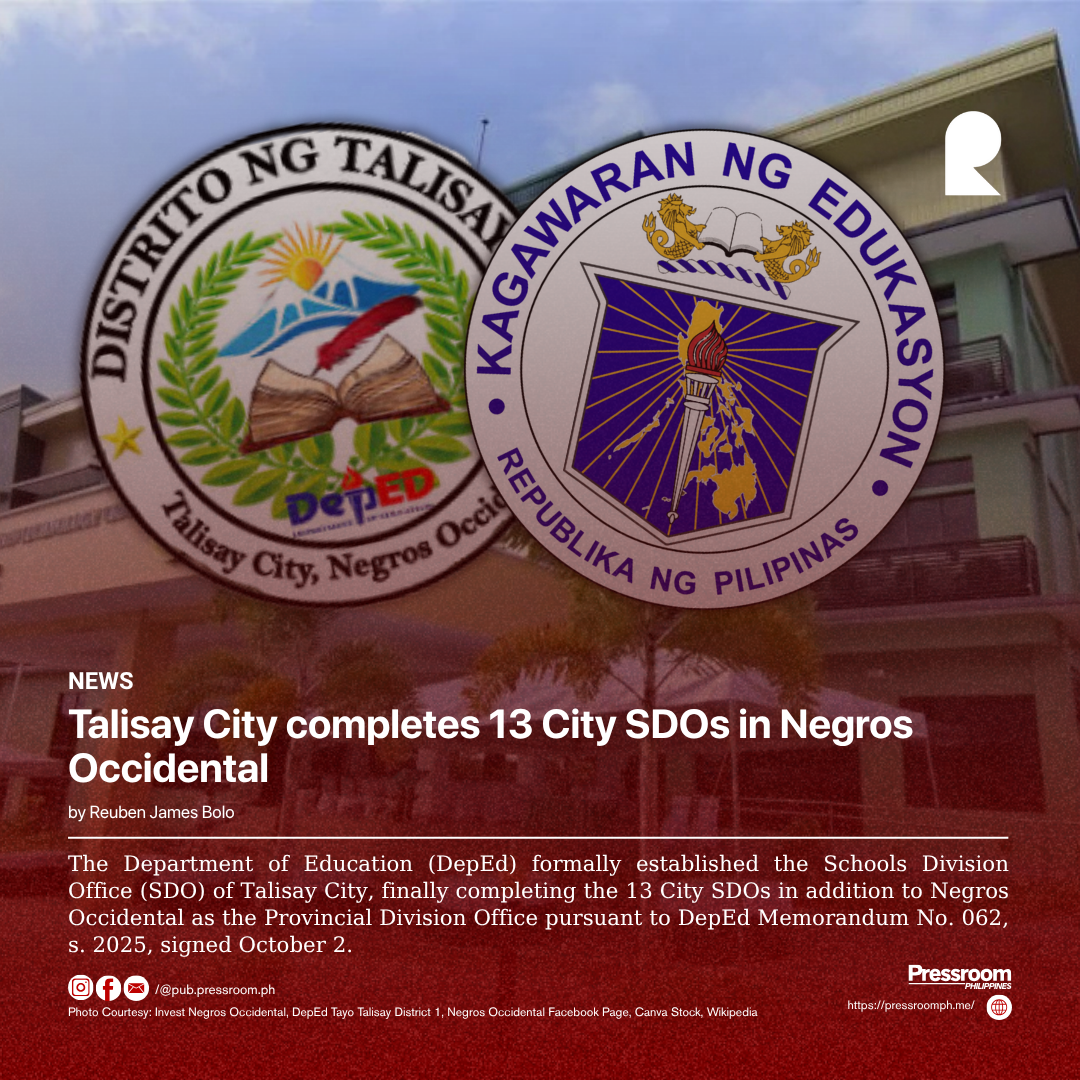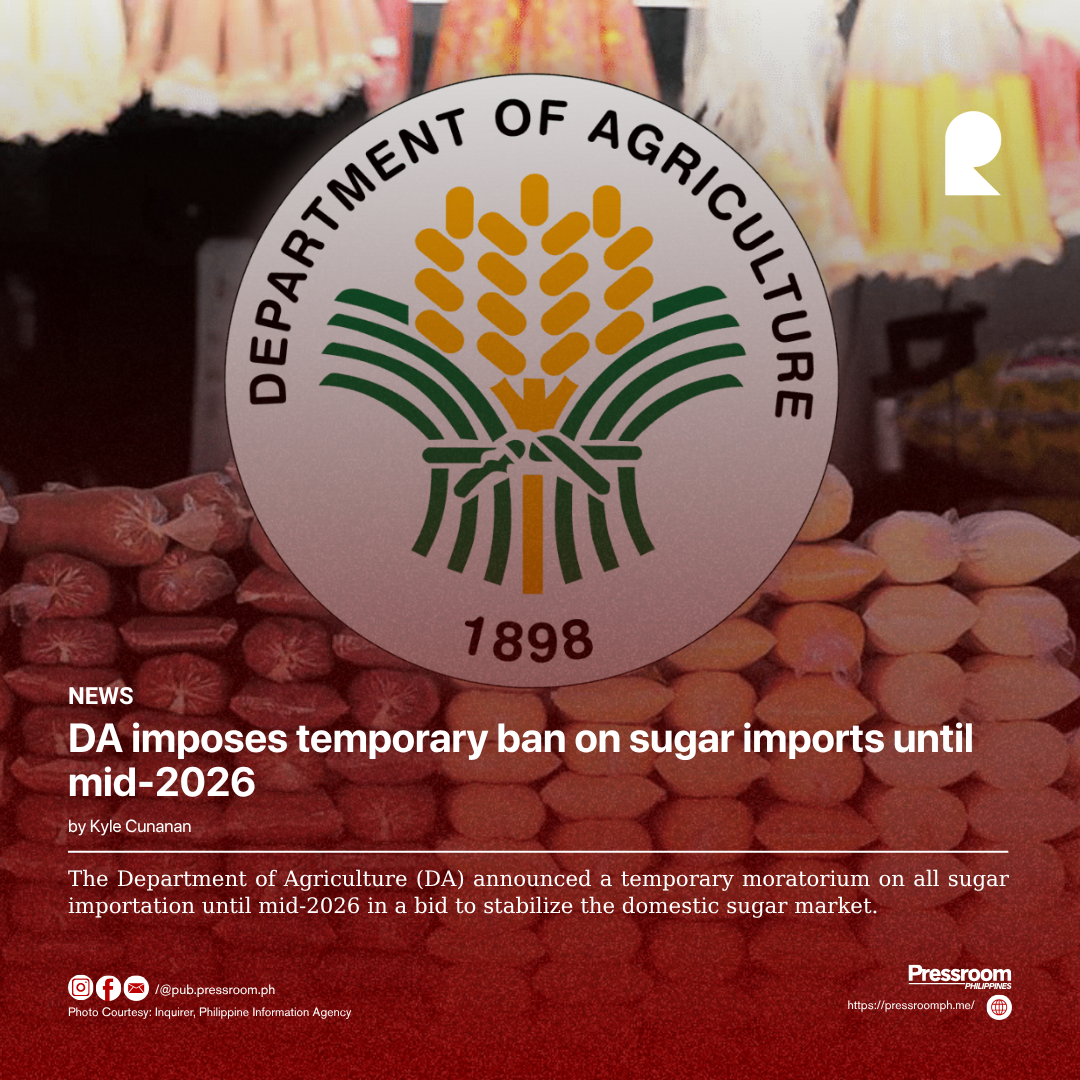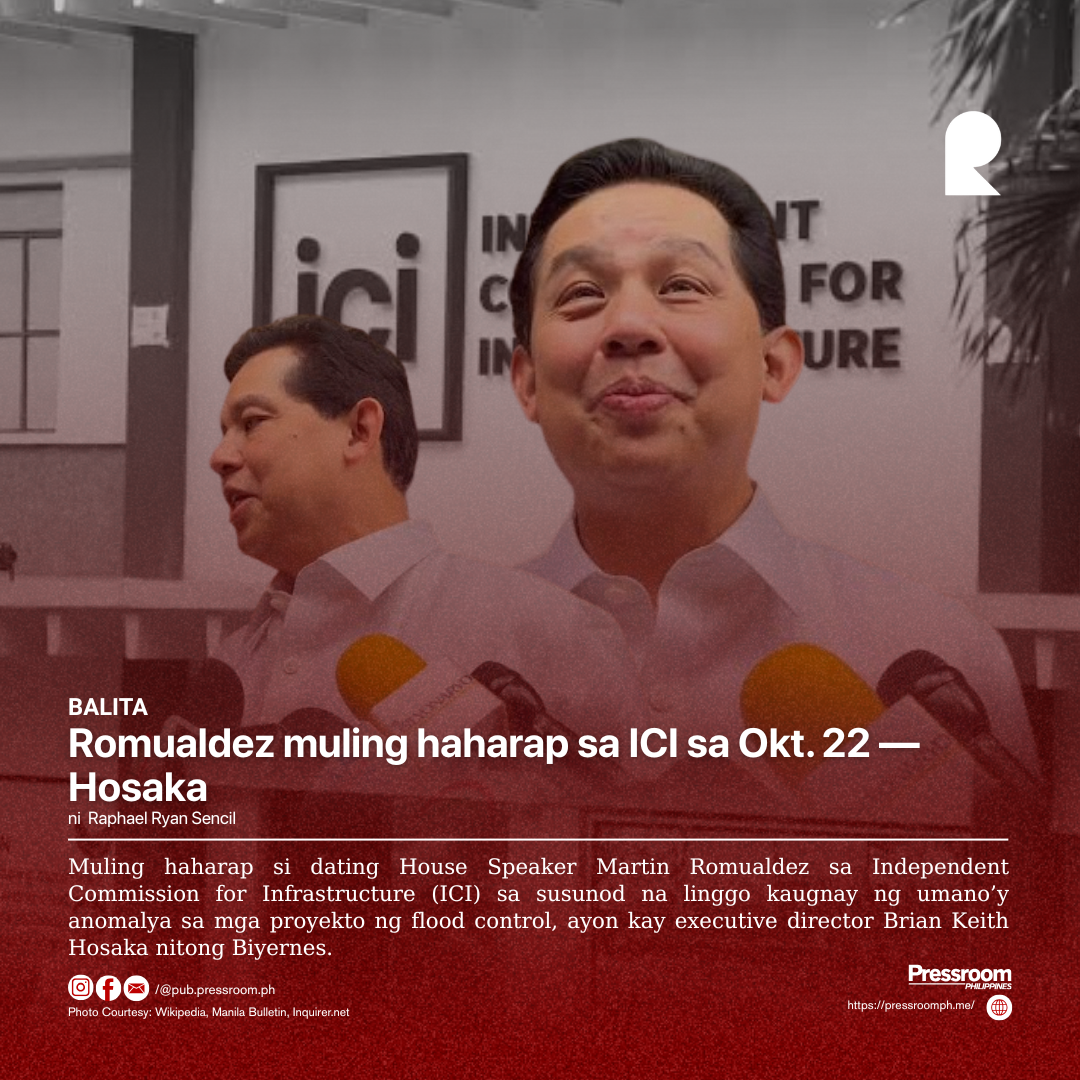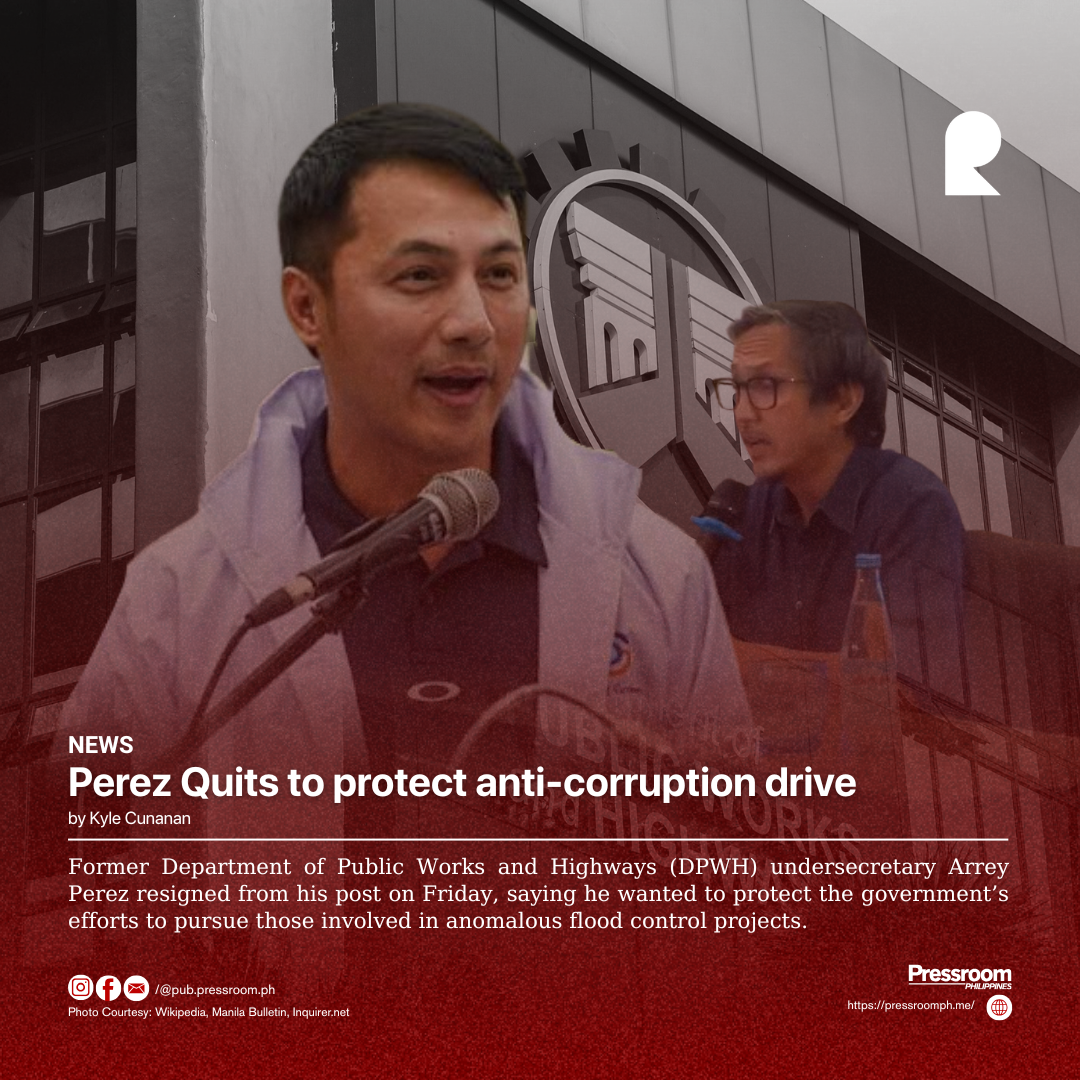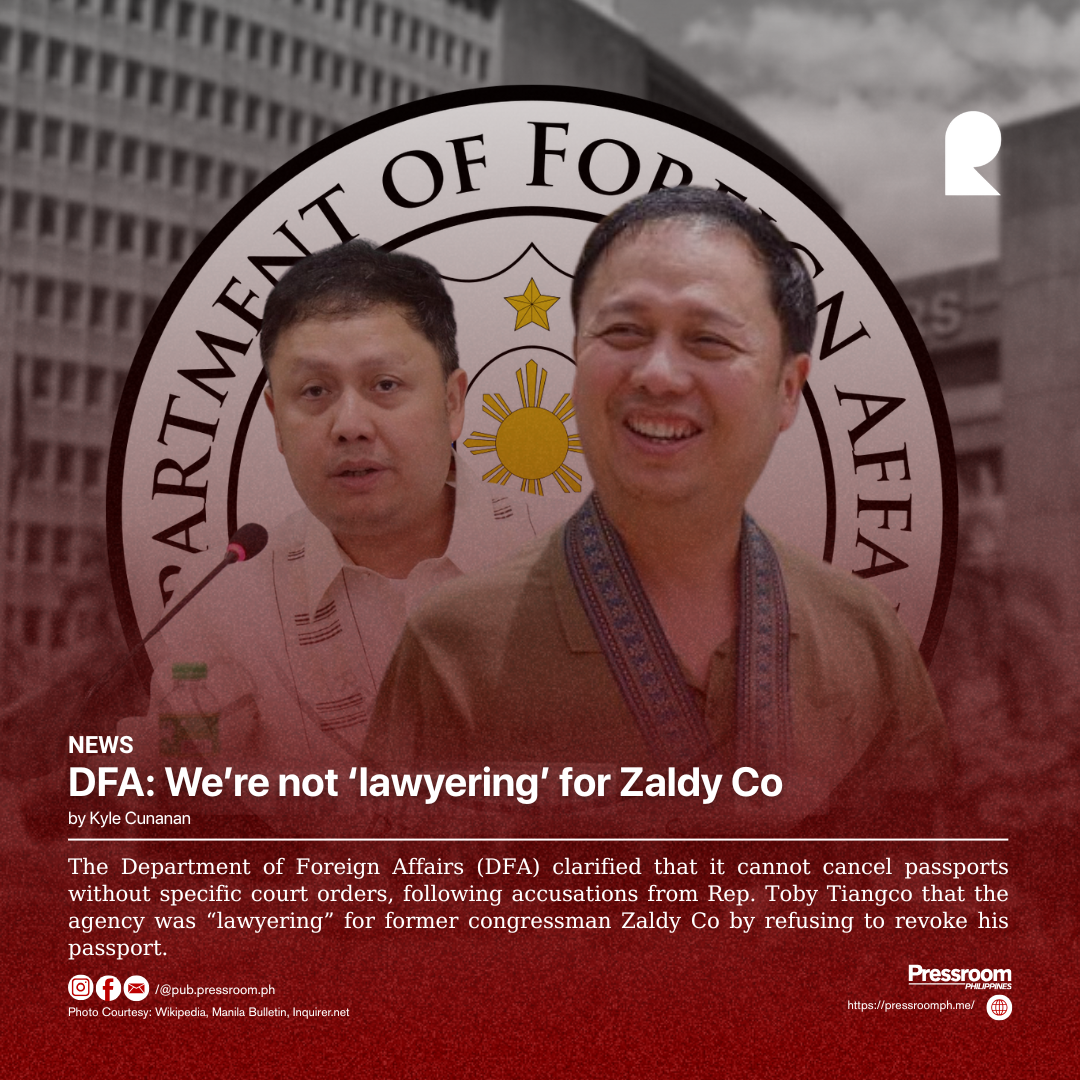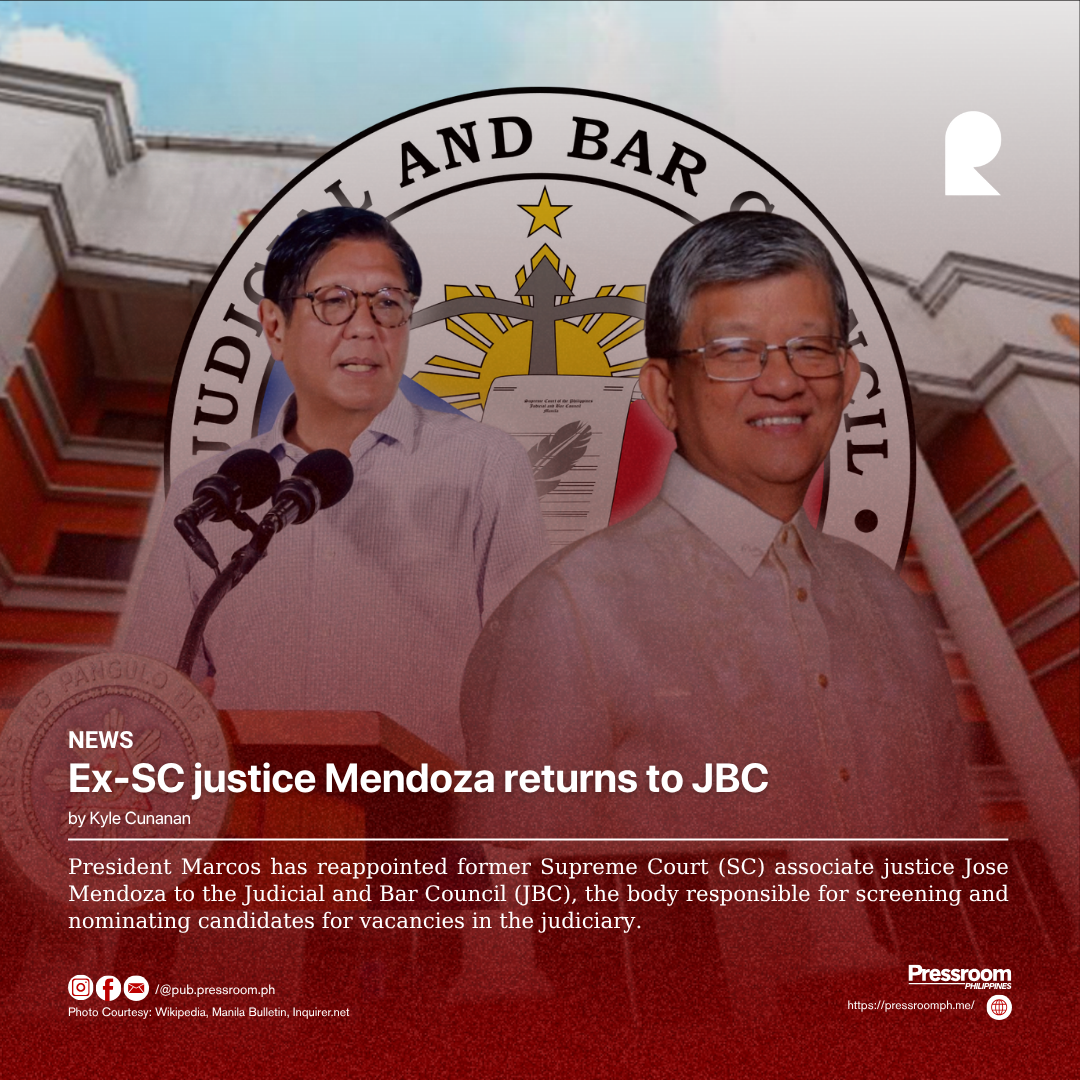The Supreme Court has dismissed the petition seeking to disqualify Rep. Edgar Erice from running as representative of Caloocan City’s 2nd District in the 2025 elections.
In a 17-page decision dated July 8, 2025, penned by Associate Justice Henri Jean Paul Inting, the high court’s en banc reversed the earlier ruling of the Commission on Elections (Comelec), which had disqualified Erice for allegedly violating the Omnibus Election Code.
The Supreme Court earlier issued a Temporary Restraining Order preventing the Comelec from enforcing Erice’s disqualification while the case was under review.
The case stemmed from statements Erice made in April 2024 media interviews, where he claimed that the automated counting machines from Miru Systems (Miru) had never been used in any election worldwide.
He also questioned the P18-billion contract between the poll body and Miru, alleging a rigged bidding and claiming to have evidence of offshore accounts linked to Comelec officials, including Chairperson George Garcia.
Comelec’s Second Division, upheld by its en banc, ruled that Erice’s remarks were false and unverified, concluding they could cause public confusion, alarm, and distrust in the electoral process.
The poll body cited Section 261(z)(11) of the Omnibus Election Code, which prohibits spreading false or alarming election-related information with the intent to disrupt.
However, the Supreme Court found that the Comelec committed a procedural error in its decision.
“Instead of following the foregoing procedure, it appears that respondent Comelec decided to directly rule on whether petitioner Erice is guilty of violation of Section 261(z)(11), an election offense, and after having done so, imposed the penalty of disqualification. This cannot be permitted,” the court said.
“The Comelec cannot skip the processes laid down in our laws, no matter how noble the cause of protecting the integrity of the elections may be,” it added.
The Court clarified that under Section 1(c)(3)(viii) of Comelec Resolution No. 11046, a candidate may only be disqualified if already found guilty of violating election laws in a separate proceeding by a competent court.
It further stressed that while Comelec has authority to investigate election offenses, only the Regional Trial Courts can decide whether an offense was committed.
Additionally, the Supreme Court pointed out that spreading false or alarming information is not among the grounds for disqualification listed under Section 68 of the Omnibus Election Code.
“Considering that respondent Comelec had no power in the first place to disqualify a candidate on the ground of violation of Section 261(z)(11) of the Omnibus Election Code, the Court shall refrain from determining whether petitioner Erice violated this provision,” the ruling read.
“To reiterate, the determination of petitioner Erice’s guilt for this election offense should be made in the proper forum through an appropriate action,” it added.
